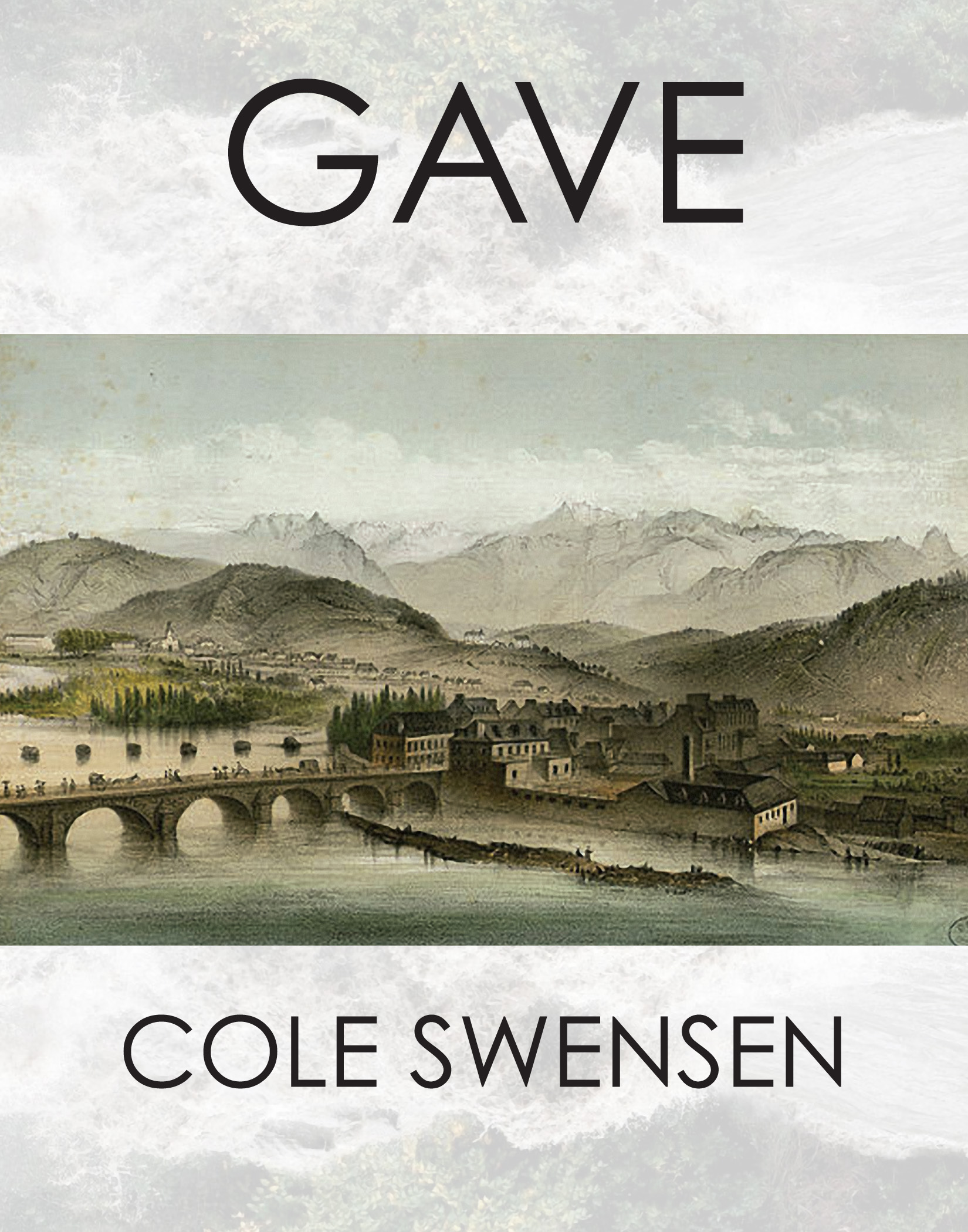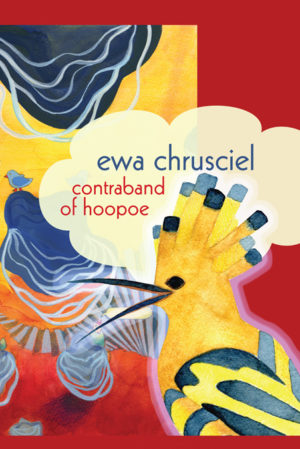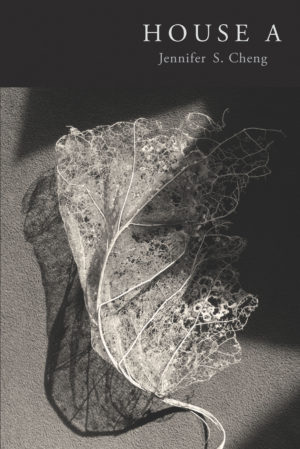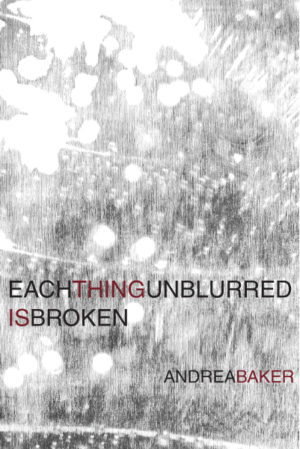Description
A river is a rift that joins what it divides, and so, logically, mythically, it’s always a river that cuts this life off from every other. Every river is the river Styx. By looking at a particular river—in this case, the Gave de Pau in southern France—in its particular twist through history, this poem explores the force of the metaphor as it is actually lived. A river determines every layer of all the lives along its entire length—the industry, the agriculture, the cultural possibilities, the historical imperatives, the reigning aesthetics, and so much more that cannot be or simply never happens to be traced—the children’s games, the lovers’ trysts, taking the dog for a walk. This account of a river attempts to embrace them all.
Here is a poem that flows just like its river, fresh and startling, chafing at its borders, fingering traces deep along the grooves of history, bringing us a burst of relief just when the weight of literary production seemed to have stunned us into torpor. Swensen’s work is like a draught of cool water in the dog days of summer. I have always loved how her subjects enact on one bank of the river and simultaneously observe from the other, just as sound skates along the surface of the poem, holding and hovering in the aporia between meanings. Thus, she shows us how to cross, how to span, how to navigate, delight, and hold steady in the sometimes dangerous curves of human and geological time, ever recursive, like bends in the river.
Eleni Sikelianos
About the Author
Reviews
Excerpt
Cole Swensen is the author of 15 collections of poetry, most recently, Landscapes on a Train. Her work has won the Iowa Poetry Prize, the New American Writing Award, and the National Poetry Series and has been a finalist for the National Book Award and twice for the Los Angeles Times Book Award. A 2007 Guggenheim Fellow, she is the founding editor of La Presse. Also a translator, she won the 2004 PEN USA Award in Literary Translation. She lives in Paris and Providence, RI, USA.
Swensen has long been fascinated, it would seem, on the medieval histories and landscapes of France, specifically on how humans have attempted to domesticate the landscape (from her engagement with a variety of elements from the Medieval period and into the Victorian, from gardens to architecture to painting to gravesites). In Gave, Swensen composes an intriguing structural binary through the narrative, utilizing prose poems that are more informative against poems constructed out of fragments and staggered lines in a curious echo of work by Susan Howe (but blended, as opposed to the more defined lineations between Howe’s prose and collage-poems).
. . . Cole Swensen’s ‘Gave’ is a provocative, direct, and profoundly exhilarating book of poems that transform the isolated, beautiful image of a French river into a universal metaphor for humanity’s transcendent impulse to make a living habitat of eternity. Swensen’s poems expand imaginative possibility as she invents new opportunities for spiritual growth through courageous aesthetic innovation.
Gave emulates the movement of what it watches: a river, the Gave de Pau, in southwest France. To that end, the language is malleable, at times taking a long-lens, historical distance and at other times getting close enough to diminish the line between observer and observed. . . . [T]here’s a curiosity at work, a genuine enjoyment in deploying several ways of seeing. Following a topographical feature . . . Gave considers how language, media, and anecdote order our experience of landscape and vice versa.
no river rivers / no river knows
of rivers after / on others wander
on fields is gone / now go
who goes there / or so
is gone over water
over flowing / the flower the
fortune of winter / oh so
over towered / after tower / who is
now the green walking
on walking / on river
is the river walking inside
and inside it / it gathers
a herd of / and lowered
up the plain thing
is combing
all to a kind thing / is coming
to the edge of / the bank of
the charge over-reaching
if over a green thing / a bit
of a sun thing / a thing of the sun
watering none / but the
now on its own
on a shore owing timely




